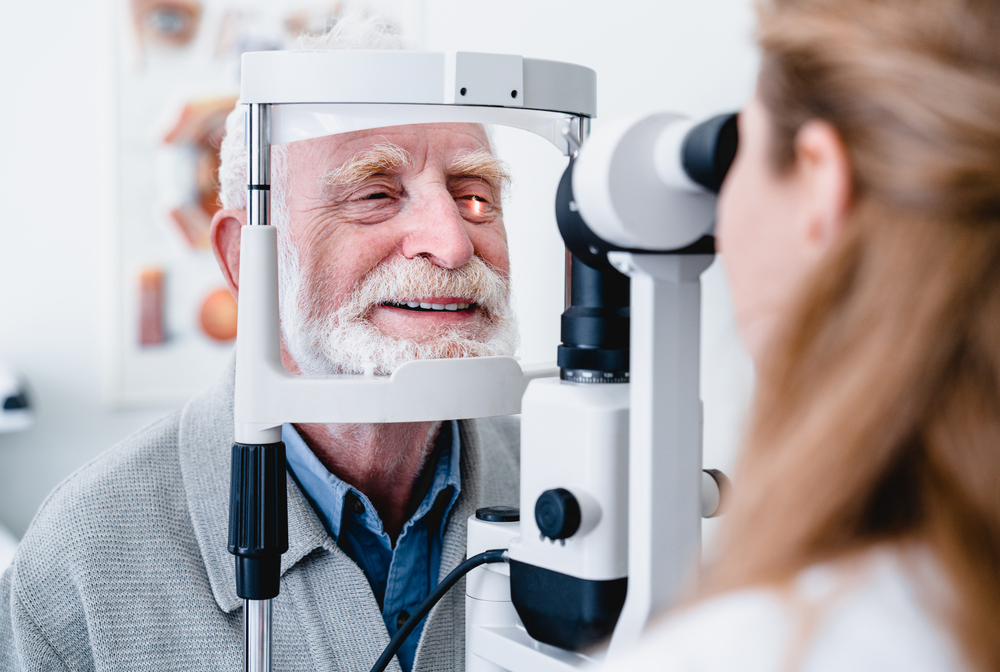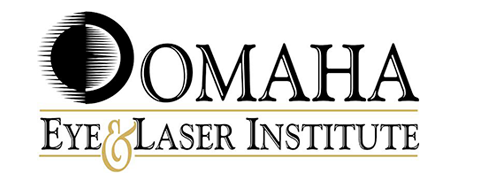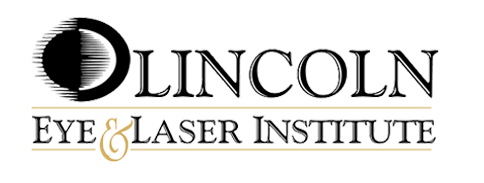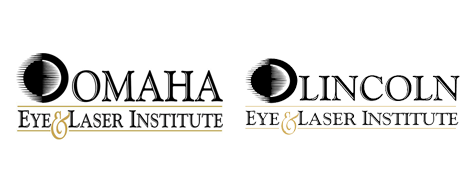Macular degeneration is an eye condition that threatens central vision. Whether you’ve recently been diagnosed or want to understand treatment options for a loved one, seeking out the care of an experienced ophthalmologist is crucial to getting the best results.
Over the last few years, ophthalmologists have revolutionized macular degeneration management, significantly improving outcomes for patients with both dry and wet forms of the condition. Keep reading to learn more about how ophthalmologists help slow the progression of macular degeneration.
What is Macular Degeneration?

Macular degeneration, also known as age-related macular degeneration (AMD), is an eye condition that affects the macula, the portion of the retina responsible for sharp central vision. Macular degeneration is the leading cause of vision loss among older Americans, gradually destroying the detailed vision needed for reading, driving, and recognizing faces.
The condition exists in two primary forms: dry macular degeneration and wet macular degeneration. Dry macular degeneration is the most common type, affecting approximately 90% of individuals with the condition. It occurs when the retinal pigment epithelium layer in the macula breaks down, a process known as atrophy.
This form is characterized by drusen, which are yellowish deposits beneath the retina and can cause a gradual loss of central vision and alterations in color perception. Wet macular degeneration, though less common, accounts for about 85% of severe vision loss cases related to the condition.
This form develops when abnormal blood vessels grow beneath the retina and leak blood and fluid, causing rapid damage to the macula. While wet macular degeneration progresses more quickly than dry macular degeneration, treatments have made it possible to manage the condition effectively.
How is Macular Degeneration Managed?

The most effective way to manage macular degeneration is through early detection. Regular comprehensive eye exams with your ophthalmologist are crucial, particularly for those with risk factors.
The ophthalmologists at The Omaha and Lincoln Eye and Laser Institute utilize advanced diagnostic techniques to identify AMD in its earliest stages, including:
- Visual acuity testing to detect changes in your central vision
- Dilated eye examination for a clear visualization of the retina and macula
- Optical Coherence Tomography (OCT) to examine detailed cross-sectional images of the retina
- Amsler grid testing to detect distortions in central vision
- Fluorescein angiography to examine blood vessel abnormalities
By detecting macular degeneration as soon as possible, your ophthalmologist can develop a comprehensive treatment plan to preserve your vision and slow the condition’s progression.
Is Macular Degeneration Treatable?
While dry macular degeneration currently has no medical cure, the ophthalmologists at The Omaha and Lincoln Eye and Laser Institute employ several strategies to help slow its progression:
AREDS2 Vitamin Supplementation
Research has demonstrated that specific formulations of vitamins and minerals can significantly reduce the risk of dry macular degeneration progressing to more advanced stages, including:
- Vitamin C
- Vitamin E
- Zinc
- Copper
- Lutein
- Zeaxanthin
Your ophthalmologist can recommend an appropriate supplement regimen based on your specific condition and medical history.
Lifestyle Modifications

Certain lifestyle changes can help improve your eye health and slow the progression of macular degeneration, including:
- Quitting smoking
- Increasing consumption of leafy greens, fish, and other nutrients beneficial to eye health
- Blood pressure and cholesterol management
- Wearing UV protective sunglasses while outside
- Regular physical activity
Anti-VEGF Therapy
The cornerstone of wet macular degeneration treatment involves medications that inhibit vascular endothelial growth factor (VEGF), the protein responsible for abnormal blood vessel growth:
LUCENTIS®
LUCENTIS is an FDA-approved treatment specifically developed for use in the eye. Clinical studies involving more than 800 patients over a two-year period resulted in over 90% of patients maintaining stable vision and up to 40% experiencing significant vision improvement.
The treatment involves regular injections into the eye, performed with an anesthetic to minimize discomfort.
Avastin
Avastin has shown promising results in reducing abnormal blood vessel growth and leakage. Some patients experience vision improvement within one week of treatment, with the best candidates being those with early wet macular degeneration.
Monitoring and Long-Term Management of Macular Degeneration

Macular degeneration is a chronic condition requiring ongoing management. Your ophthalmologist will develop a personalized monitoring schedule based on your specific type of macular degeneration and its progression.
This may include regular OCT imaging to track macular changes and treatment response, vision testing to monitor functional changes, and modifying treatment approaches based on disease progression. We emphasize a collaborative approach, working with patients to ensure adherence to treatment plans and early detection of any changes in vision.
Beyond medical treatments, the Omaha and Lincoln Eye and Laser Institute team is committed to helping patients maintain independence and quality of life by providing recommendations for visual aids, adaptive techniques, support resources, and home safety assessments. Many patients discover they can continue enjoying their favorite activities with appropriate adaptations and support.
Macular Degeneration Care with Experienced Ophthalmologists
Early detection, consistent monitoring, and state-of-the-art interventions provided by the experienced ophthalmologists at The Omaha and Lincoln Eye and Laser Institute offer patients the best opportunity to preserve vision and maintain quality of life.
If you’re experiencing vision changes or have risk factors for macular degeneration, we encourage you to schedule a comprehensive eye examination. With motivation, patience, and expert care, the effects of macular degeneration can be significantly reduced, allowing you to continue enjoying the activities and independence that matter most.
Schedule your appointment at The Omaha and Lincoln Eye and Laser Institute in Omaha and Lincoln, NE, today!





